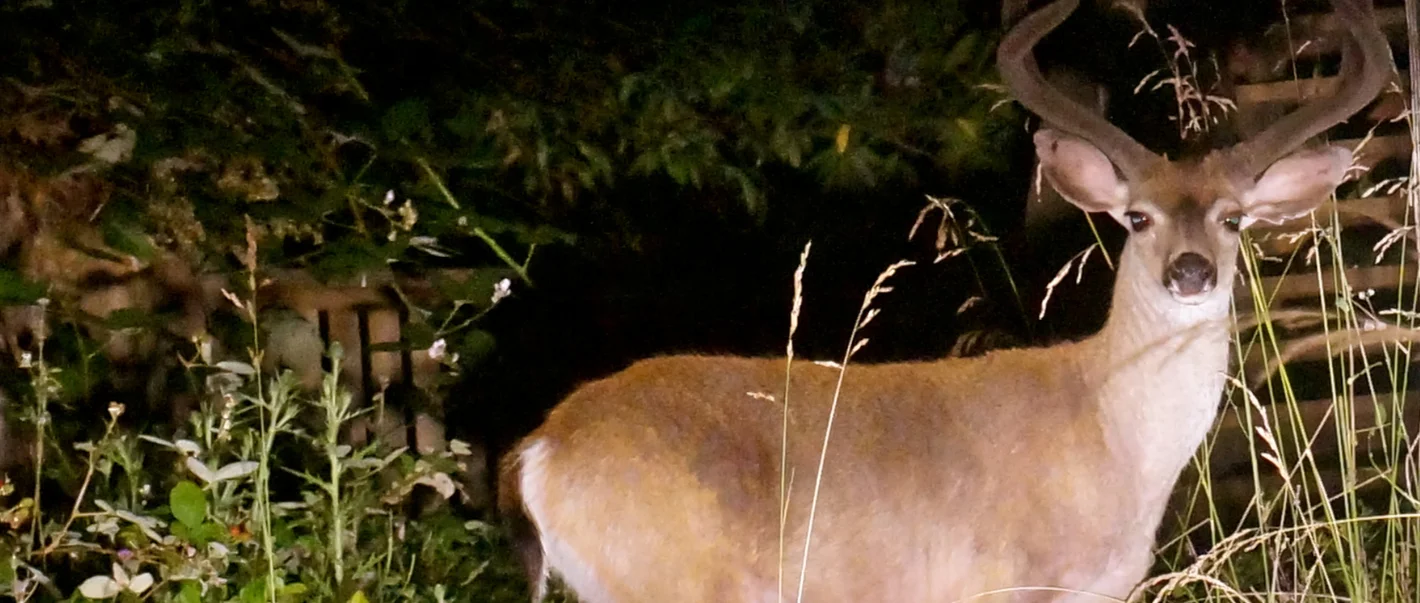
Car accidents involving wildlife, especially deer, are more common than many people realize. They are even more frequent in the Fall season when the temperature begins to drop. Wildlife, specifically deer, are more likely to be seen in wooded areas, but can also show up on highways and in and around cities. As they become more active during the season, your chances of encountering a deer while on the road increases significantly. If you’re wondering whether or not your selected auto insurance will cover the damages, here’s what you need to know.
If you happen to hit a deer, the damage to your vehicle is generally covered by comprehensive insurance. Comprehensive coverage is typically an optional add on and helps protect you from damages caused by events that are not collision related. This includes theft, vandalism, fire, natural disasters, and animal strikes, like hitting a deer. Check your policy documents to determine if you have deductibles associated with your policy.
If you are only covered with liability insurance, hitting a deer will not be covered under your policy. Liability insurance covers damages to other people’s property or injuries in accidents when you are at fault. Liability insurance does not cover damages to your own vehicle.
As mentioned above, comprehensive insurance protects against damage to your vehicle caused by non-collision events that are outside of your control. Collision insurance covers incidents where your vehicle hits another vehicle or object such as a guardrail or tree. Hitting a deer is treated as a non-collision event by insurers and is why comprehensive coverage is needed.
If you are unfortunate enough to encounter and hit a deer, here are some steps to take
Pull over to a safe spot and turn on your hazard lights
Stay in your vehicle if you are on a busy road and it is not safe to exit
Call the police, especially if there are any injuries, significant damage to your vehicle, or blockage to the roadway
Document the damage for your insurance claim by taking photos of your vehicle and the surrounding area
Notify the insurance company and file a claim reporting the accident
While insurance can help cover damages depending on your selected coverage, hitting a deer is a stressful and dangerous situation. Here are some tips to help you avoid it:
Stay Alert, especially during dawn & dusk when deer are more active
Slow down in areas known for more wildlife activity, like rural or heavily forested areas
Use your high beams when possible, to help spot deer more easily
Look for signs of more deer, if you see one you will most likely see several as they travel in groups
Although hitting a deer is an unfortunate situation, you will generally be covered by your insurance if you are carrying comprehensive coverage. However, if you only have liability or collision insurance, you could be left with paying for the repairs. If you would like to review your coverage with Glacier, please reach out to your insurance agent or contact us by calling (800) 394-2423 or email support@glacierinsurance.com with your name, policy number, and coverage questions. Remember to stay alert and help minimize your risk on the road.